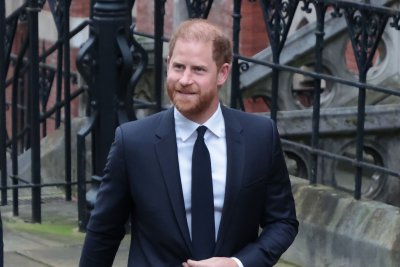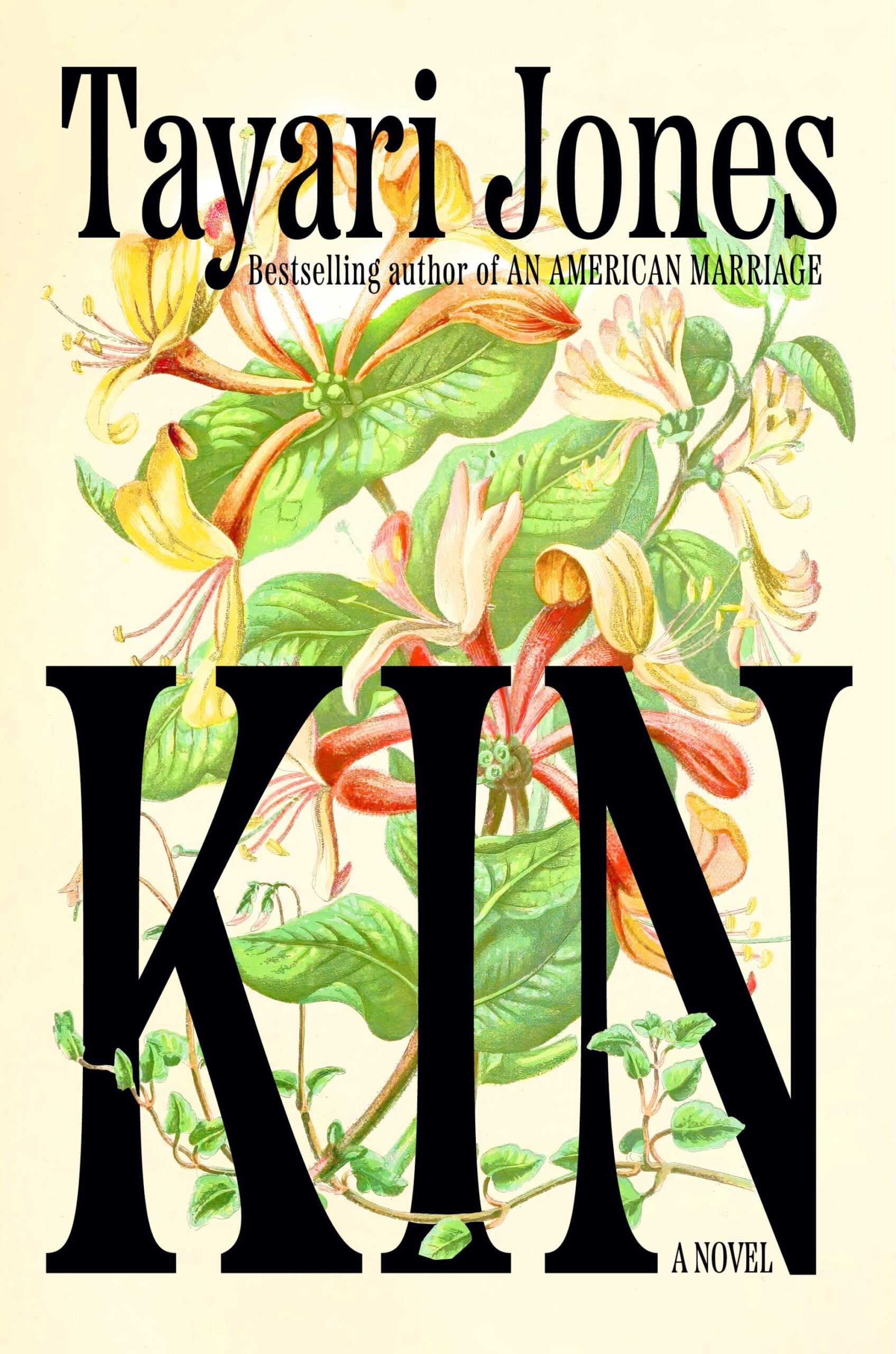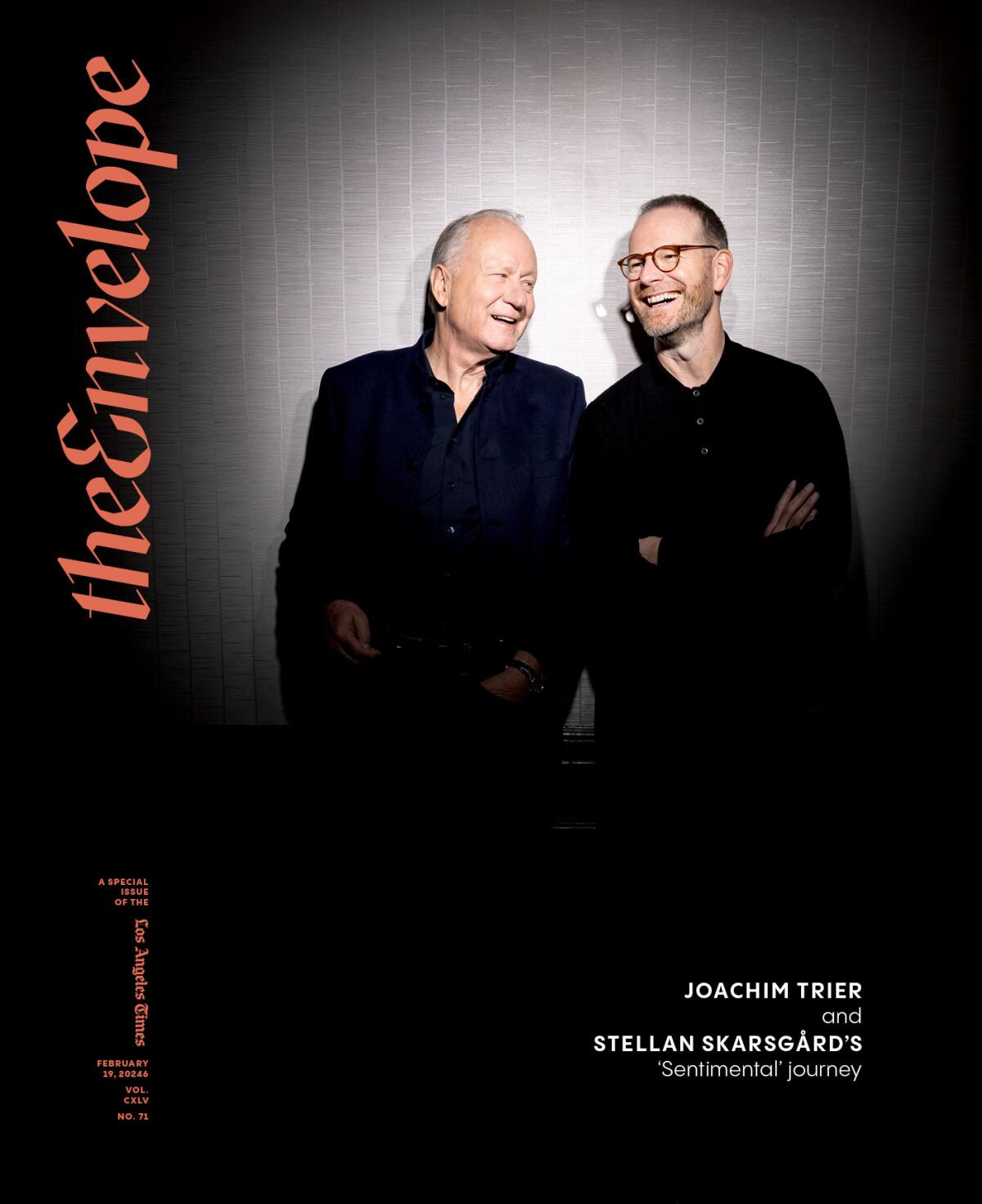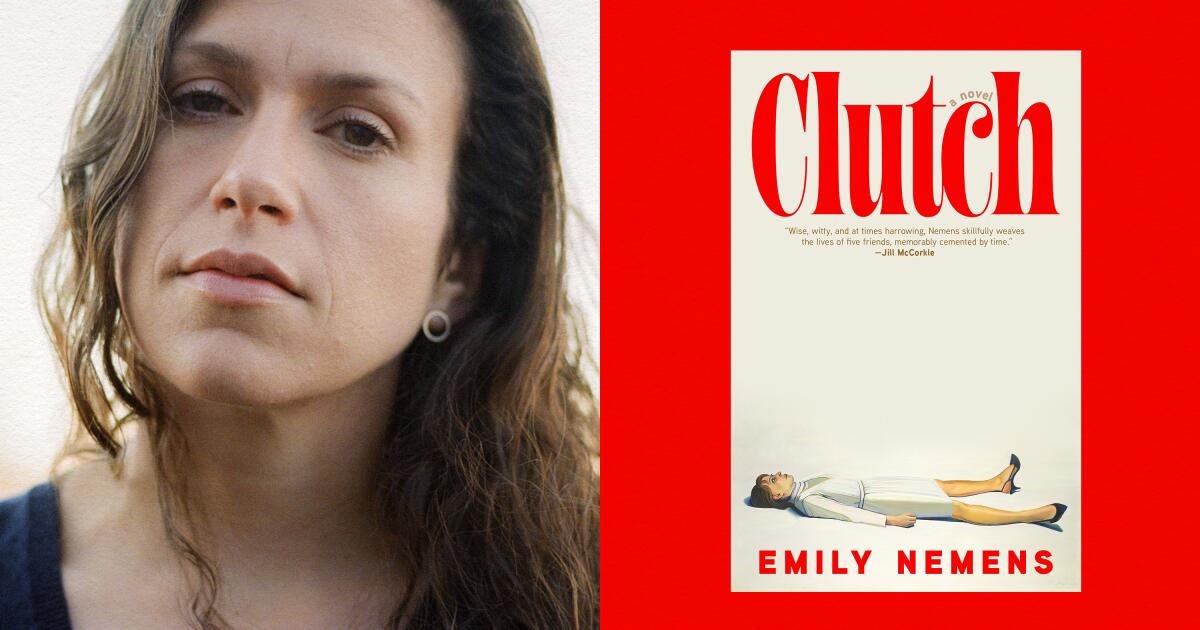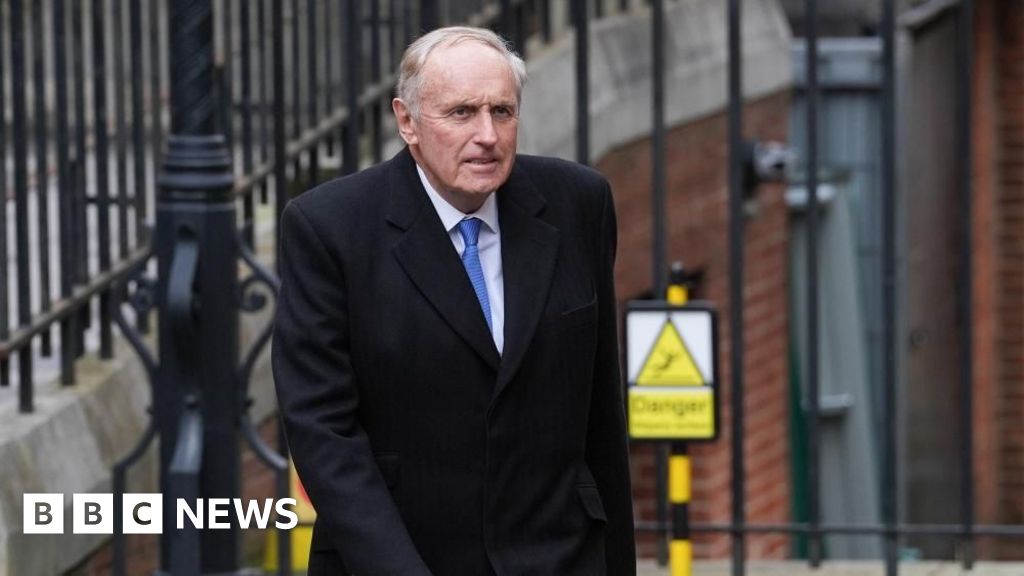Tropical weather, luxury accommodation and relaxing rituals make this island the perfect babymoon destination to visit when pregnant, says travel editor Laura Mulley
Looking for a holiday destination for one last trip as a two before our baby arrived, we found our options surprisingly limited. We didn’t want to chance potential bad weather in Europe off-season, and with the risk of mosquito-borne virus Zika – which is particularly dangerous to pregnant women – ruling out most of the Caribbean and Asia, there was a clear frontrunner that ticked all of our boxes: Mauritius.
Emirates proved to be the best airline to fly with from our nearest airport – Manchester – with the most flight options available – and the staff were exceptionally helpful at making a six-months-pregnant woman feel as comfortable as possible during the journey.
Once we landed, our aim was simple: to enjoy all the things we’d probably struggle to do once our baby arrived, on what would potentially be our last relaxing holiday for a while. And it certainly delivered.
READ MORE: ‘I maximised my holiday to the Maldives with this clever booking trick’
READ MORE: ‘I got a first look at 2026’s newest cruise ship and found its hidden secret on board’
Le Méridien Ile Maurice
Our first stop was the huge, open, colourful Le Méridien Ile Maurice on the island’s northwest coast. One of Mauritius’s leading family hotels (perfect for showing us what to expect from our future holidays), its hidden gem is its adults-only section, Nirvana, at the end of the kilometre-long beach, which has its own rooms, reception, restaurant, beach area and infinity pool scattered with squishy floating beanbags.
Our Hideaway Suite here was truly one of the biggest we’d ever seen, with a massive distance between the patio doors at the front to the heated plunge pool out the back. Guests get access to a ‘butler’ via WhatsApp, and lots of thoughtful touches from the friendly staff make staying here feel extra-special, from the complimentary cocktail (or mocktail) by the pool at sundown to the petal-strewn bath we found waiting for us after dinner. One night there was even a pregnancy pillow laid out on the bed, something we hadn’t requested but made our stay even more comfortable.
The food at Le Méridien
There are four restaurants at Le Méridien, and it’s worth making your way around them all: Nomad’s buffet is popular with families, Waves serves Mediterranean-style fish and grilled dishes, Kumin gives guests a taste of Mauritius’s strong Indian influence, and – our favourite – Nirvana’s Jade does excellent Asian cuisine, including sushi and teppanyaki (take breakfast here too if you want to savour the child-free moments for as long as possible). All are included in half-board and all-inclusive packages, although booking is recommended for the à la carte restaurants.
What to do at Le Méridien
Keen to enjoy as many grown-up activities as possible, we took part in sunset yoga on the beach, took kayaks and pedalos out into the lagoon’s clear waters, and enjoyed treatments in Le Méridien’s spa, including a heavenly head massage using warm coconut oil, and the perfect pre-natal full body massage. The therapists here are all incredibly skilled – you’ll really feel the benefits.
St Regis Le Morne
The second half of our trip was spent at sister hotel St. Regis Le Morne, formally the JW Marriott, and which joined the historic St. Regis hotel group – founded by American tycoon and Titanic victim John Jacob Astor IV – following a major renovation last year.
On the island’s southwest point, this is a quieter, more secluded part of the country, and St. Regis sits under the shadow of Mauritius’ iconic Le Morne mountain surrounded by miles of beautiful beaches and shallow waters.
Although we spotted plenty of multi-generational families here too, St. Regis definitely has a more elegant and luxurious air to it. With a colonial-style design and elegant rooms set amongst lush vegetation and trickling water features, it has a slight ‘White Lotus season three’ vibe.
There’s a huge pool here, but we found that most couples chose to spend their days on the loungers under palm leaf-umbrellas that line the beach, which are peaceful, always available, and serviced by bar staff at the touch of a button.
The food at St Regis Le Morne
Out of St. Regis’s five restaurants, our favourites were INDYA, serving a modern take on Indian cuisine with the friendliest service, and Japanese Atkuso, where the chef veered from the menu to whip up some of the best maki rolls we’d ever tried to cater to our vegetarian diets. Each restaurant also does its own signature cocktails and ‘mindful mocktails’ with certain health benefits.
What to do at St Regis Le Morne
St. Regis is proud of its history and heritage, and a key feature are its three ‘rituals’, found in all its properties around the world, and all – pleasingly for our purpose – highly unsuitable for children: Bloody Marys, sabrage and afternoon tea.
In homage to the first ever spicy tomato juice cocktail as we know it, reportedly invented at the St. Regis New York in the 1920s, our charismatic bartender Vymal demonstrated how to make this hotel’s own version, the L’Île Mary, using Mauritian rum infused with curry leaves and topped with turmeric foam. The self-appointed Bloody Mary connoisseur out of the two of us declared it to be one of the best he’d ever tasted.
Next up was learning sabrage – the art of opening a bottle of champagne with the swish of a sword, and supposedly how Napoleon liked to celebrate his victories. Although initially unconfident, following expert instruction we were thrilled to deftly remove the top of our bottle of fizz in one smooth swipe.
Afternoon tea was a more genteel affair, and is a reference to Lady Astor’s daily habit of gathering family and friends around in the afternoons to share wisdom. Here it involves Mauritian tea and viennoiserie from the hotel’s kitchen, taken under swaying palm trees on the beach – just heavenly, and the perfect last few moments of calm before we became a three.
How much does it cost?
Rooms at Le Méridien Ile Maurice start from £220 per night on a B&B basis based on double occupancy. Rooms at St. Regis Le Morne start from £585 per night based on double occupancy (two night minimum stay required). Returns flights from Manchester to Mauritius were with Emirates start from £775.
